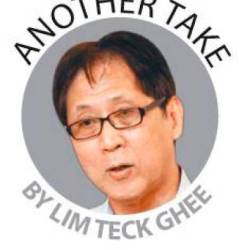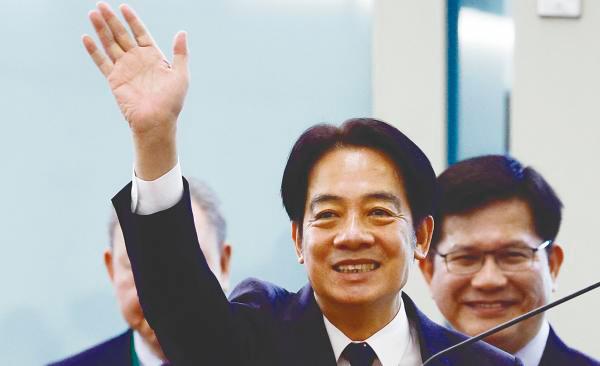AN analysis of Western media coverage on Taiwan’s recent election reveals a distinct pro-Taiwanese independence and anti-China narrative. The leading Western media portrayed William Lai’s victory as “unprecedented,” “historic,” and “divergent from China.”
According to CNN, “Taiwan voters dismissed China warnings and handed the ruling party a historic third consecutive presidential win.”
To ensure the report’s greater reach and acceptability, the story was credited to Chinese reporters, Eric Cheung, Wayne Chang and Nectar Gan, with Jerome Taylor being the token Anglo-Saxon name.
The BBC led with a headline article by its China reporter, Tessa Wong. “Taiwanese voters have elected William Lai as their president in a historic election, cementing a path that is increasingly divergent from China.”
As with CNN , the BBC now recognizes that its anti-China reporting carries more weight if accompanied by a Chinese name as its reporter.
Nikkei Asia reported the news with the following headline: “China-skeptic Lai vows to continue the policies of incumbent Tsai Ing-wen.” Credit for this Japanese media giant story was given to Lauly Li, Cheng Ting-Fang and Kenji Kawase.
What is obvious in the reports is the effort to play up the magnitude and “greatness” of Lai’s victory and simultaneously call into doubt the possible reunification of Taiwan and China.
Missing or marginalized in the reporting is a more important perspective of the election outcome. This critical perspective – intentionally kept obscured from Western media readers – will be more influential in Taiwan’s future political development than the Western media effort to generate euphoria over Lai’s victory.
The US-supported and pro-American candidate, Lai, secured 40% of the 14 million votes cast in a poll with a 72% turnout. This makes him a president elected by a minority of Taiwan’s populace, with the majority of Taiwanese voting against or abstaining. He can hardly be termed a “popularly” elected leader or one representing mainstream public opinion in Taiwan. Noteworthy but also missed out is that Lai’s margin of victory is less than that of President Tsai Ing-wen in 2020.
More importantly, the governing party, Democratic Progressive Party (DPP), despite the big advantage of incumbency, lost its majority in the 113-seat legislature. DPP lost its parliamentary majority for the first time since 2016. This development carries greater significance and impact than acknowledged.
Although the opposition Kuomintang (KMT) also failed to gain a majority, the election result means that the combination of what are seen as pro-Beijing parties, KMT and Taiwan People’s Party, have the parliamentary number to block or stop any planned legislation of Lai and DPP. The two parties, even without crossover support from DPP parliamentarians, also have a potential majority to initiate and pass any parliamentary measure relating to the economy, foreign relations and China policy.
It is not surprising that in his victory speech, Lai said the result showed his party did not work hard enough, and vowed to “humbly review” the election.
He also pledged to maintain peace and stability in the Taiwan Strait and offered to pursue exchanges with China.
In all, the election outcome is less of a setback and an embarrassment for Beijing than it is to the US and its allies, which had expected a resounding victory for Lai and the incumbent party in power.
Challenge for Taiwan and China
The challenge now for Taiwan and the few countries in the world that support it is to maintain the status quo.
The DPP’s objective of an independent and sovereign Taiwan supported by the West has not only been rejected by the electorate, it has become more unrealistic and unattainable.
Spokesperson for the State Council Taiwan Affairs Office, Chen Binhua, noted that the elections will not change the basic landscape and development trend of cross-strait relations, alter the shared aspiration of compatriots across the Taiwan Strait to forge closer ties and prevent the inevitable trend of China’s reunification.
“Our stance on resolving the Taiwan question and realizing national reunification remains consistent, and our determination is as firm as rock. We will adhere to the 1992 Consensus that embodies the one-China principle and firmly oppose the separatist activities aimed at ‘Taiwan independence’ as well as foreign interference,” Chen said.
He also said the mainland will work with relevant political parties, groups and people from various sectors in Taiwan to boost cross-strait exchanges and cooperation, enhance integrated development, jointly promote Chinese culture and advance the peaceful development of cross-strait relations as well as the cause of national reunification.
Lim Teck Ghee’s Another Take is aimed at demystifying social orthodoxy.
Comments: letters@thesundaily.com










